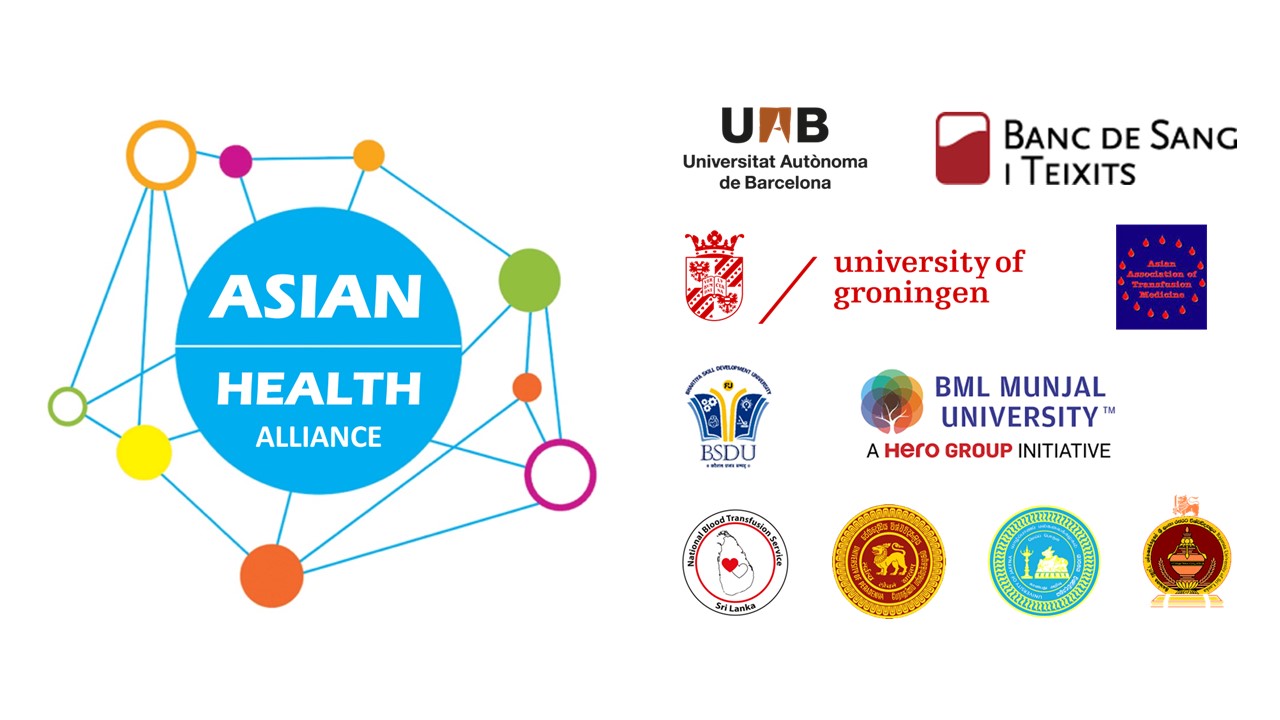
A groundbreaking initiative is underway as a consortium comprising diverse partners from Europe, India, and Sri Lanka comes together to pioneer advancements in the field of transfusion medicine. This collaborative effort sees the integration of following esteemed institutions:
Autonomous University of Barcelona (UAB)
The Autonomous University of Barcelona (UAB) is one of the largest public universities in Catalonia and Spain. In recent years, the UAB has seen recognition for its efforts in promoting quality in teaching, in attracting international talent and in obtaining a growing impact in research, together with a progressive improvement in its classifications in the most prestigious and influential international rankings. Thus, the UAB is well as occupying an outstanding position among Spanish universities in world rankings such as the QS World University Rankings (QS WUR), the Times Higher Education World University Rankings (THE WUR) and the Academic Ranking of World Universities (ARWU). In its mission, the Universitat Autònoma de Barcelona defines itself as a public Catalan university with an international outlook. For the university, internationalisation is one of the tools to achieve its objectives in offering quality education, research and knowledge transfer. Our internationalisation strategy is based on three fundamental lines of action: mobility, collaboration and cooperation, and the attraction of talent. Mobility must give our students, lecturers and administration staff the chance to work in prestigious universities mainly through exchange programmes. Collaboration with other universities and institutions must permit students and lecturers to discover and propose new teaching experiences and open new fields of research together with other prestigious universities. Cooperation with developing countries contributes to the construction of a more solidary university committed to social reality. Attraction of talent aims to select the best students, especially at the master's degree and PhD level, and attract the best lecturers from around the world. To foster these objectives we place special importance on strategic alliances with other universities through a variety of consortiums and networks. Together with the BST, the Autonomous University of Barcelona created the Chair of Transfusion Medicine and Cellular and Tissue Therapy to develop research and specialized education projects. Mission Encourage training and research among students and professionals in the field of Transfusion Medicine and Cell and Tissue Therapy and those in other Health and Life Sciences. Vision To be recognized as a reference in the generation and transmission of knowledge in the field of Transfusion Medicine and Cell and Tissue Therapy. Values Expertise, Innovation. Socially responsible, international commitment. Through the Chair of Transfusion Medicine and Advanced Therapies (Cmt3), in close collaboration with BST, the UAB has accumulated a long experience on education on Transfusion Medicine science, specifically by a master with more than 15 years of activity (ref#2), several related courses and the development and running of an IT platform to allow distance education and training. In fact, the development of the original European Master on Transfusion and Advanced Cellular Therapies (EMTACT) was developed in 2008 thanks to a EACEA ERASMUS Funding."
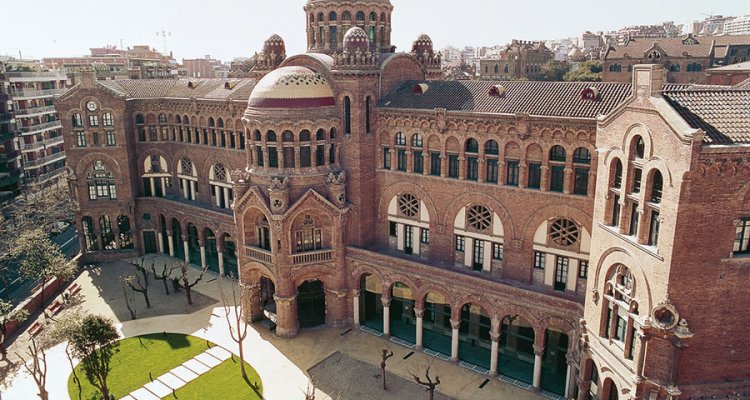
RIJKSUNIVERSITEIT GRONINGEN, THE NETHERLANDS
The Graduate School of Medical Sciences (GSMS) is the largest Graduate School of the University of Groningen, The Netherlands . GSMS offers top-quality research masters programs and excellent PhD education and training. As a result, they are responsible for over 40 percent of the University’s research output. The University of Groningen is an internationally oriented university with a rich academic tradition. Since the establishment in 1614, the university has brought forward striving academics, like the first female student, the first Dutch astronaut and various Nobel prize winners. The University is proud to number among the world’s top universities. It has a ‘Top 100’ ranking in the ARWU Shanghai Ranking and the THE World University Rankings, among others. The Management of Transfusion Medicine programme is a result of the WHO initiative to improve blood supply organizations around the world. The MTM programme was set up in 2001 by the Academic Institute IDTM (International Development of Transfusion Medicine) and embedded in the University of Groningen, University Medical Center Groningen and Sanquin, The Netherlands Blood Supply. The MTM programme was also the first blood management programme to be endorsed by the International Society of Blood Transfusion. Sponsors include international organizations like the Swiss Red Cross , Pepfar and Terumo, Griffols and Roche. The MTM programme has a total duration of two years, consisting of a one year distance e-learning and drafting of a research topic (Thesis I). The e-learning programme consists of a total of 8 Courses, which students follow from their home country, followed by an exam for every Course.
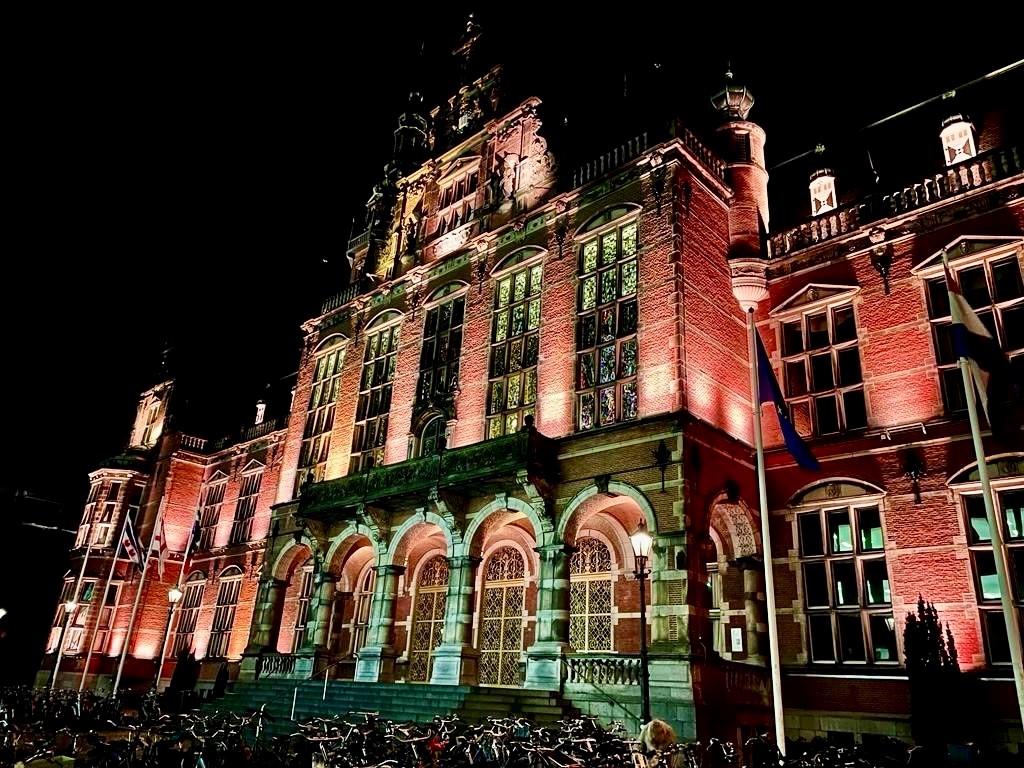
The Banc de Sang i Teixits (BST – Blood and Tissue Services) of Catalonia Spain.
The Banc de Sang i Teixits (Blood and Tissue Bank) is a public agency of the Catalan Department of Health whose mission is to guarantee the supply and proper use of human blood and tissue in Catalonia.
It is also the leading centre in the field of immunodiagnostics and advanced therapy development.
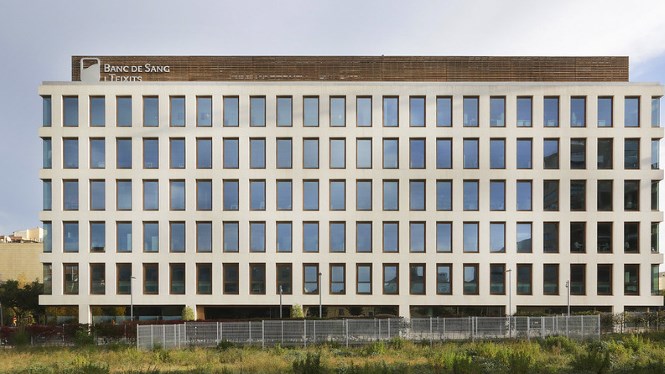
Brijmohan Lall Munjal University (BMU), Gurugram Delhi NCR
BML Munjal University is a fully residential and co-educational private university located in Sidhrawali, Gurgaon district, Haryana, India. The University was founded in 2014 by the promoters of the Hero Group, and is named after the group's chairman and founder Brij Mohan Lall Munjal. It offers B.Tech, BCom (Honours), BBA, MBA, Law and Ph.D degrees. The university was launched in two phases. The School of Engineering & Technology, School of Management and School of Commerce and School of Law being established in the period beginning August 2014. The School of Liberal Arts and Sciences will be commencing operations from August 2023. The focus of the university lies in offering practical-oriented education and fostering employability. The university aspires to nurture ethical leaders who are skilled, knowledgeable and have the life skills required for leading their organizations to success.

Bhartiya Skill Development University (BSDU Jaipur)
Bhartiya Skill Development University (BSDU Jaipur) is a venture of the renowned Rajendra and Ursula Joshi Charitable Trust (RUJCT). It is the first Indian University to offer only skill-based programs and has established itself as a leading education provider with prime focus on holistic skills training based on Swiss Dual System using machinery and equipment procured from the best manufacturers all across the globe. BSDU is thus able to imbibe excellence in skills training and competitive abilities in students.
Bhartiya Skill Development University is a multidisciplinary skills university offering B.Voc, M.Voc and Ph.D degrees in different skills disciplines. In addition to that, BSDU also offers programs on Skill Certificate, Diploma, Advanced Diploma, PG Diploma and Specialized Trainings in different skill domains. BSDU programs are in compliance with UGC Instructions for Vocational Programs, National Skills Qualifications Framework (NSQF) and the guidelines provided by respective Sector Skill Councils (SSC) incorporating the relevant National Occupational Standards (NOS) and Qualification Packs (QP). BSDU prides itself on being the first pure skills University in India and provides skills training of global standard from its campuses situated in Mahindra World City, Jaipur.
.webp)
University of Peradeniya, Peradeniya, Sri Lanka
The University of Peradeniya is situated in Peradeniya, the Central Province, which possesses lush greenery vegetation and mist-clad mountains, including the Hanthana mountain region. It’s about 6 km from Kandy, the historical capital of the last independent Kingdom in Sri Lanka, and 110 km from Colombo, the capital of Sri Lanka. The University of Peradeniya is the inheritor of an eighty-year-old legacy in higher education that providing wider opportunities in higher education of many students after their Advanced Level Examination as a pioneer public university. University of Peradeniya marks greater positions in both national and international world rankings. According to the University Ranking by Academic Performance (URAP), the University of Peradeniya was placed 1123rd globally and first in Sri Lanka in 2019-2020. In 2022, the University of Peradeniya was ranked first in Sri Lanka and in the 401-500 range globally according to the Times Higher Education World University Rankings. This prestigious university hosts nine faculties, three postgraduate institutes, 10 centers, 70+ departments. Also it contributes with the higher education of more than 12,000 students in the fields of Arts, Allied Health Sciences, Agriculture, Dental Sciences, Engineering, Management, Medicine, Science and Veterinary Medicine and Animal Science. Faculty of Allied Health Sciences (FAHS) offers five 4 year undergraduate degree programs in allied health sciences for the qualifications of degree programs including, Bachelor of Science Honours in Nursing, Bachelor of Science Honours in Pharmacy, Bachelor of Science Honours in Radiography and Radiotherapy, Bachelor of Science Honours in Physiotherapy, and Bachelor of Science Honours in Medical Laboratory Sciences. The FAHS is focused on accomplishing its mission of becoming a world leader in allied health education. Furthermore, its mission is to provide undergraduate, graduate, and research education and training that is nationally and internationally recognized in order to create professionals with the necessary skills.
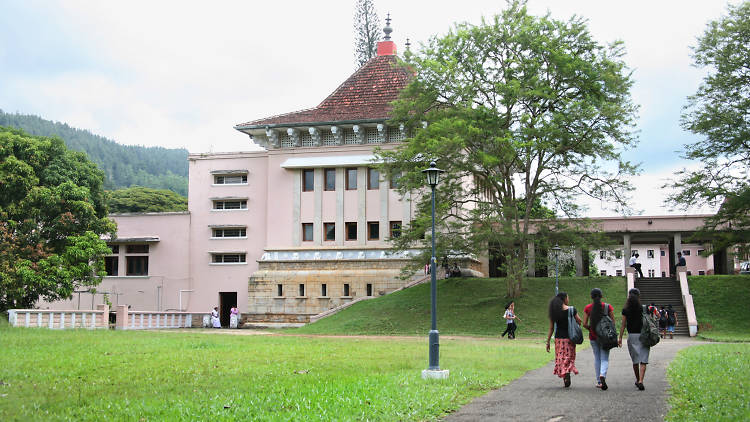
University of Jaffna, Jaffna, Sri Lanka
The University of Jaffna, located in the vibrant Northern Province of Jaffna, Sri Lanka, stands as a beacon of excellence in education, research, and community engagement since its establishment in 1974. Initially a campus, it gained autonomy in 1979. Comprising ten faculties, six units, and three centers, it offers a diverse range of programs from bachelor to PhD levels. Globally, it is recognized as one of Sri Lanka's leading institutions for higher education, consistently ranking among the top universities in the country. Locally, it is esteemed for its contributions to the academic landscape and the community. The Faculty of Allied Health Sciences (FAHS) has a significant history, starting in 2006 under the Faculty of Medicine. It offers four year undergraduate degree programs in Medical Laboratory Sciences, Nursing, Pharmacy, and Physical Education. FAHS, now an independent faculty, aims to excel in Allied Health Sciences through top-notch training and research. It has produced 533 graduates, with 260 students for annual intake. The Faculty of Medicine, established in 1978, focuses on continuous medical education and postgraduate training. It offers a five-year MBBS program, adapting to regional healthcare needs with the annual intake of 50 students. Both faculties have strong postgraduate initiatives. The Faculty of Medicine offers a range of postgraduate courses through the Faculty of Graduate Studies (FGS) and in collaboration with the Postgraduate Institute of Medicine, Colombo, and the Ministry of Health Sri Lanka. The FAHS exhibits exceptional capabilities in enrolling candidates, conducting courses, coordinating with other institutes, and conferring relevant degrees and diplomas. The transformative initiatives undertaken by both faculties, such as the Erasmus Plus TRANSMED Project, demonstrate their commitment to advancing healthcare education and research. The TRANSMED project, in partnership with the University of Jaffna, addresses gaps in Transfusion Medicine education, aiming for safer blood transfusions. The dedicated academic staff's active involvement highlights their commitment to the project's success. This collaborative effort promises significant progress and positive outcomes in developing capacity building of Medical Officers, Nurses and Medical Laboratory Technicians in the field of transfusion medicine.
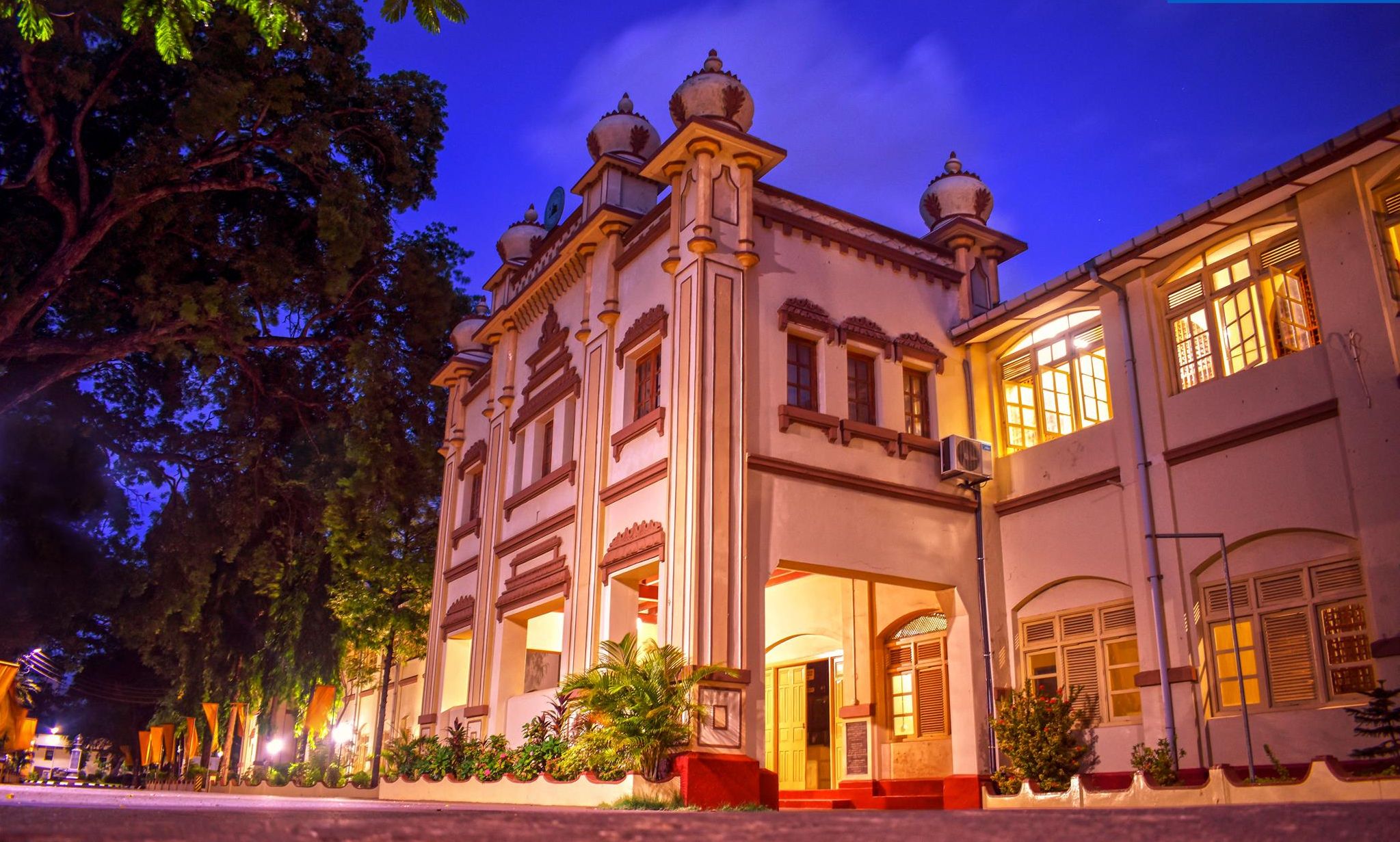
Rajarata University of Sri Lanka
Rajarata University of Sri Lanka (RUSL) is a public university located in the historic city of Mihintale, near Anuradhapura, Sri Lanka. The Rajarata University of Sri Lanka was established as the eleventh University in Sri Lanka and was opened on 31 January 1996 by President Chandrika Kumaratunga.
Over the years, the University has developed to become a centre of excellence in higher education in the North Central Province as well as in Sri Lanka. The academic programs of the RUSL are offered by six faculties namely; Technology, Agriculture, Applied Sciences, Management Studies, Medicine and Allied Sciences and Social Sciences and Humanities. The main administrative complex, the Faculties of Applied Sciences, Technology, Management Studies and Social Sciences and Humanities are located at Mihintale while the Faculty of Agriculture and Faculty of Medicine Allied Sciences are located at Puliyankulama and Saliyapura, respectively
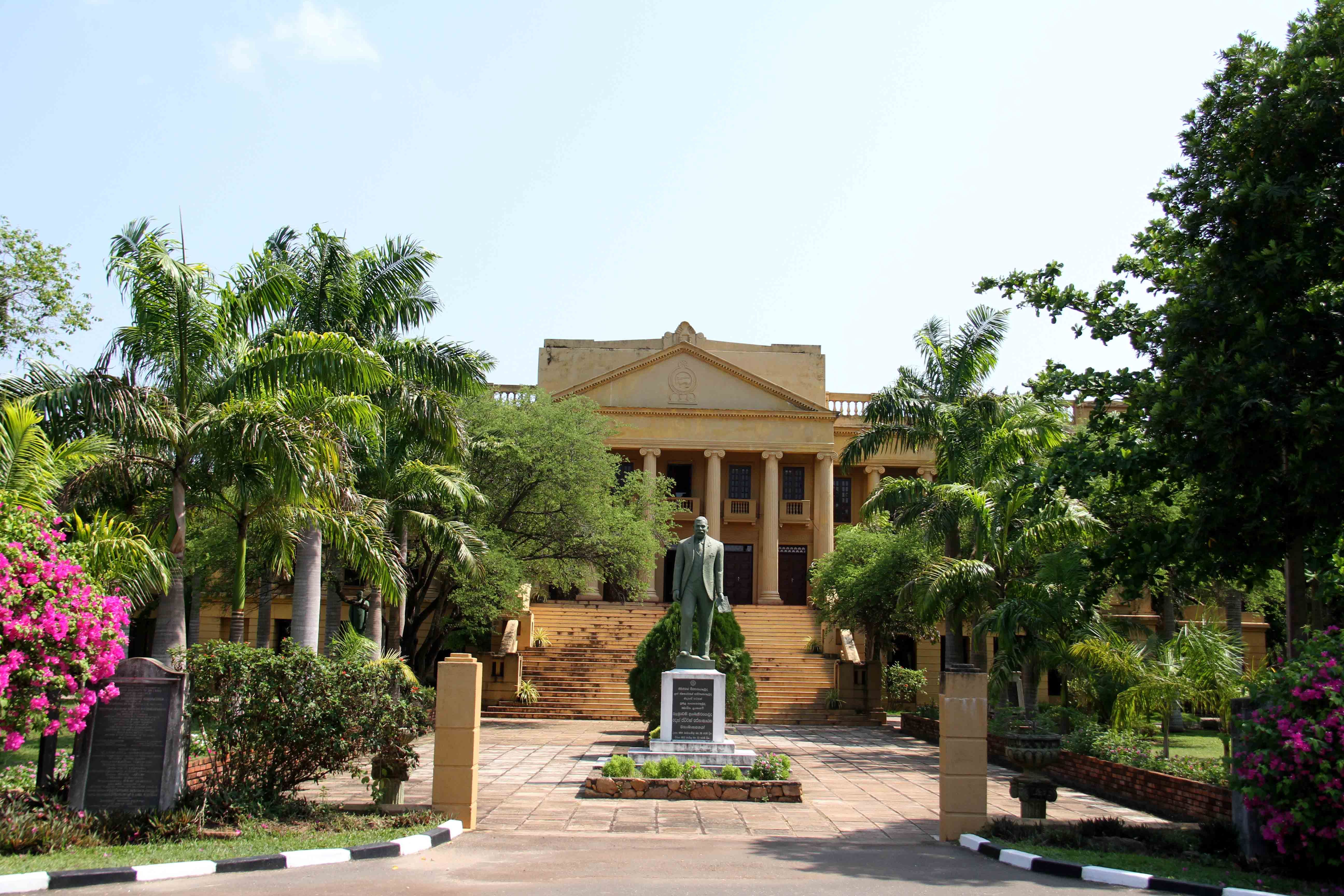
National Blood Transfusion Service (NBTS) Sri Lanka
National Blood Transfusion Service (NBTS) Sri Lanka is the sole supplier of blood and blood products together with related laboratory and clinical services to both government and private sector hospitals in Sri Lanka. There are 110 hospital-based blood banks in the country segregated into 24 clusters according to their geographical distribution. Each cluster is headed by a Cluster Center Blood Bank under the preview of a qualified Consultant Transfusion Physician who oversees the clinical, technical, and administrative aspects of the transfusion services of the respective cluster. The Central coordination of NBTS is further strengthened by the administration of the Director-NBTS who is also accountable to the Ministry of Health funded by the Government of Sri Lanka. National Blood Center is the operational headquarters and in addition, it has specialized laboratories such as immunohematology reference laboratory, HLA laboratory, and reagent laboratory. The ETRU (education training and research unit) at the National Blood Center provides mandatory training for all categories of staff at recruitment to the NBTS, in addition to its CME programs and regular undergraduate, postgraduate, and overseas student teaching and training programs. In per with WHO blood safety strategies the Nationally coordinated blood transfusion service collects around 450,000 blood units annually, 100% from voluntary non-remunerated blood donors. The entire blood collection is subjected to component production and mandatory testing for TTI (transfusion transmissible infections) in strategically selected centralized cluster center blood banks to ensure the quality standards of component processing and donation testing. Regular EQAS programs are conducted by the National Blood Center for blood group serology and TTI testing and the National Hemovigilance System was established in 2009. NBTS has launched awareness programs on patient blood management at hospital levels with the collaboration of the Sri Lanka College of Transfusion Physicians, the member consultants of the College also play a key role in ensuring the appropriate clinical use of blood and blood products. NBTS Sri Lanka is a WHO collaborating center for Blood Transfusion Services and consultative workshops and training sessions are conducted regularly for the regional WHO countries. We are proud to be part of the TRANSMED project and look forward to enhancing transfusion safety in Sri Lanka and regional countries under this project.
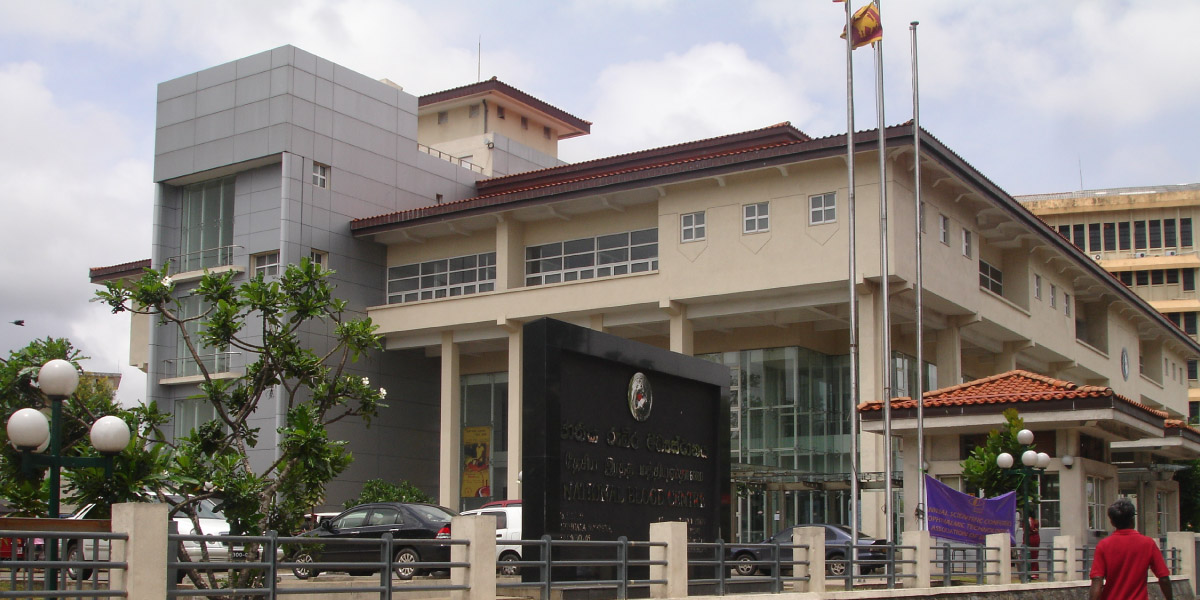
Asian Association of Transfusion Medicine (AATM)
AATM is a manifestation of the determination of leading specialists in Transfusion Medicine from Asian countries to work together towards finding solutions for their common problems in the spirit of friendship, trust and understanding and to create an order based on mutual respect, equality and shared benefits. The primary objective of the Association is to accelerate thescientific progress and common standard in Blood Transfusion Services (BTS) in member states in the South Asian region.
This diverse consortium heralds a new era of collaboration, poised to revolutionize transfusion medicine through collective innovation and shared expertise across borders.